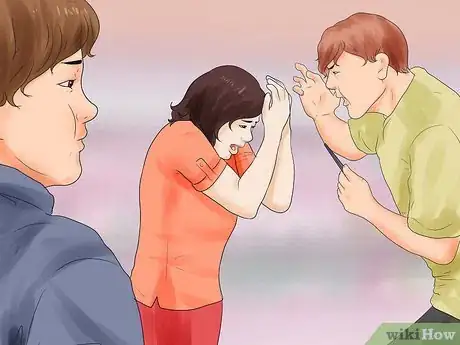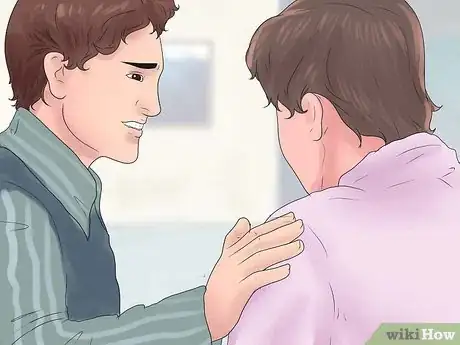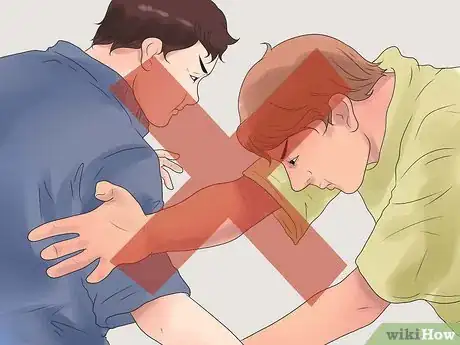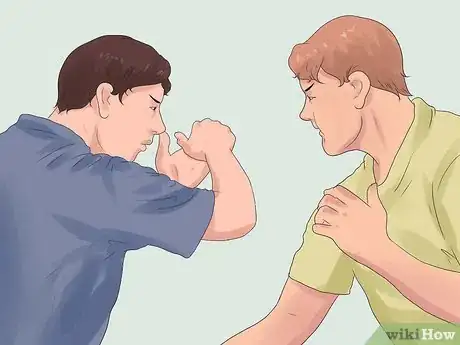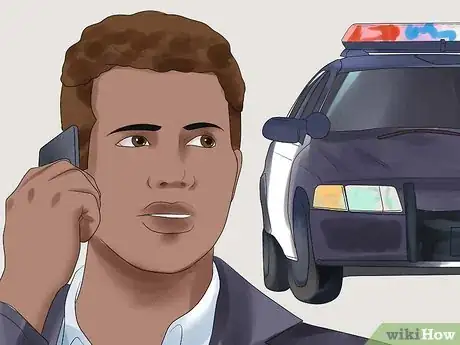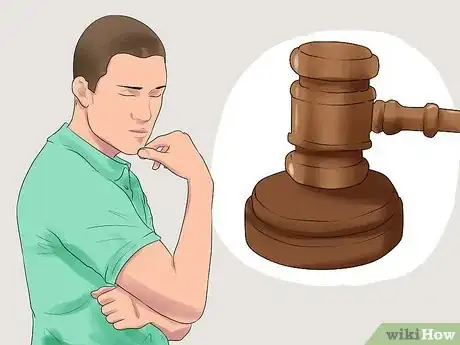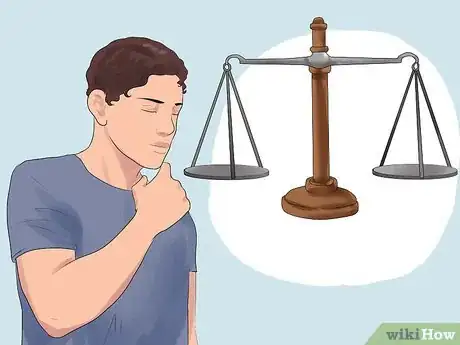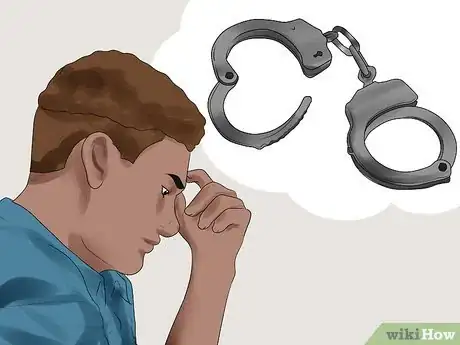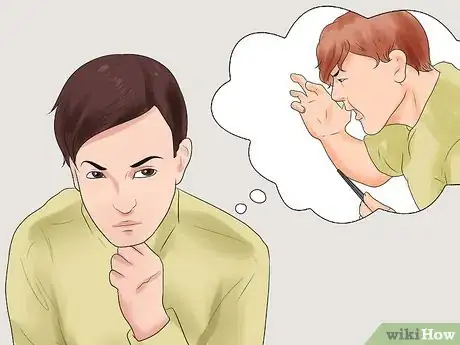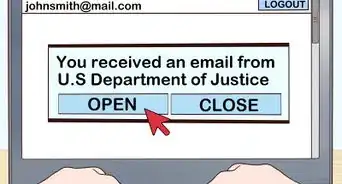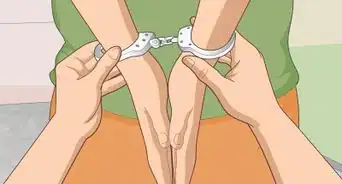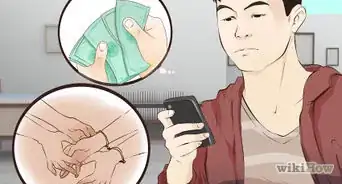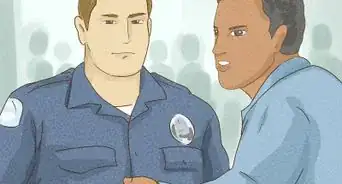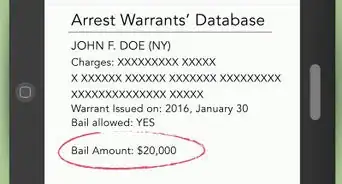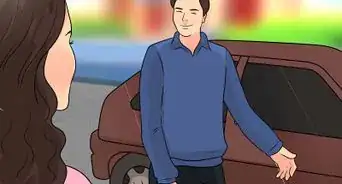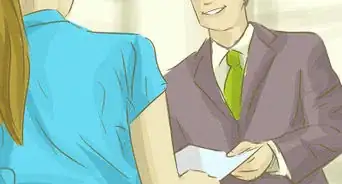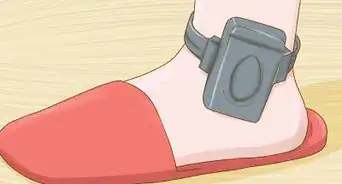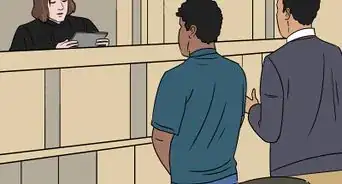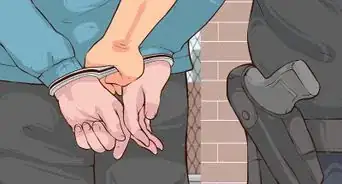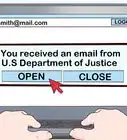This article was co-authored by Clinton M. Sandvick, JD, PhD. Clinton M. Sandvick worked as a civil litigator in California for over 7 years. He received his JD from the University of Wisconsin-Madison in 1998 and his PhD in American History from the University of Oregon in 2013.
wikiHow marks an article as reader-approved once it receives enough positive feedback. In this case, 83% of readers who voted found the article helpful, earning it our reader-approved status.
This article has been viewed 107,981 times.
A citizen's arrest is a formal arrest by a citizen who has no official government authority to make such an arrest because the citizen is not an agent of the government. The California Penal Code gives any citizen the right to make a citizen's arrest of another citizen in certain alternative situations. However, there are also dangers associated with attempting a citizens arrest. If you understand the possible needs and dangers of a citizen's arrest, you may be able to perform one in California.[1] [2]
Steps
Understanding Citizen's Arrest
-
1Take action. If you witness a person committing a crime, you can make a citizen's arrest. You should always proceed with a high level of caution. You can perform a citizen's arrest if a misdemeanor public offense is committed or attempted in your presence. You can also perform a citizen's arrest if you know, directly or indirectly, that a person committed a felony. This can either be in your presence or not, as long as you have reasonable cause for believing the person arrested has committed it. If you can wait until police arrive and avoid making a citizen's arrest, absolutely do so.
- Misdemeanors include actions that are in breach of peace, such as prostitution, public intoxication that disrupts order, or fist fighting in public. You cannot arrest someone for a misdemeanor if you did not witness the crime yourself.
- A reasonable cause for believing a felony can be anything from you witnessing the crime yourself or seeing the offender fleeing the crime scene.
- Felonies include murder, rape, and armed robbery as well as certain kinds of theft, battery, and arson.[3] [4] [5] [6] [7]
-
2Voice your intent. There are certain steps you must follow when placing a person under citizen's arrest. If you make a citizen's arrest, you must tell the offender plainly that you are making a citizen's arrest. You must also let him know that you are holding him until police arrive and that you have already given a detailed description of him and his crime to the police.
- Ask explicitly for his cooperation until police arrive. For example, if you see a man who has just gotten in a terrible bar fight and you want to arrest him for the crime, tell him "Sir, I am placing you under citizen's arrest. Please wait here until the police arrive and you can be taken into custody."[8] [9]
Advertisement -
3Avoid using force. There are certain things you need to consider before moving ahead with your citizen's arrest. If you believe that it would cause you or the person you are attempting to arrest to use force, do not continue with the arrest. If he does not resist the arrest, keep the offender safe and as comfortable as possible while you wait for the police to arrive.
- If possible, keep the emergency operator on the phone throughout your wait time.
- For example, if you tell the offender that you are placing him under a citizen’s arrest and he simply sits with you until police arrive, you cannot use force of any kind because the criminal is not dangerous.
- Do not make physical contact with the offender unless absolutely necessary.[10] [11]
-
4Use reasonable force when necessary. Although you should not participate in a citizen's arrest that would cause you to use force, you legally are permitted to use reasonable force to keep the offender in your custody until the police arrive. Whether or not the force used is reasonable depends on the situation, and therefore will be different for every arrest.
- Generally, the amount of force used must be equal to the actions the offender is taking to get away from you.
- If the offender tries to flee after being placed under citizen’s arrest, you can take steps to prevent him from getting away, such as running after him and tackling him. On the other hand, it would not be reasonable force to shoot or otherwise seriously harm someone who flees after being placed under citizen's arrest.[12] [13]
-
5Call emergency services. Once you have apprehended the suspect, immediately call emergency services and tell the person on the line you need the police. Explain your location, what you've witnessed, and give a detailed description of the person who committed the crime. You should also let them know that you have them under citizen's arrest.
- You can call emergency services right when you witness the crime if there is time. You can explain your situation and tell the police that you are going to try to make a citizen's arrest.[14]
Knowing the Dangers
-
1Learn the legal risks. Making a citizen’s arrest can lead to both civil and criminal charges if you inadvertently arrest someone who did not commit the crime for which you arrested him. This is also true if you arrest an actual criminal but you use too much force or arrest someone in the wrong way.[15]
-
2Know the civil consequences. There are consequences to a citizen's arrest that are considered part of a civil case. If you wrongly arrest someone, that person could sue you for assault, battery, wrongful imprisonment, or false arrest. You can defend yourself if the person actually committed the crime you held him for, but you cannot defend against these charges if the person you arrested did not commit the crime.[16]
-
3Understand the criminal consequences. There are also some criminal charges that can be brought against you if you perform a citizen's arrest incorrectly. If you use too much force or use force at all when the person did not commit the offense, you can be charged with criminal assault and battery. Even if you do make a valid citizen's arrest, you can be sued by the person you arrested.[17]
-
4Consider other dangers. There are monetary, personal safety, and well being concerns that arise from performing a citizen's arrest. Even though you can defend yourself in court, you will still spend a significant amount of time and money doing so. When you make a citizen’s arrest, you are also putting your personal safety in question, even if you do not face legal consequences.
- Think about your own well being as well. When making the arrest, you do not know whether or not the offender will turn violent.[18]
References
- ↑ California Penal Code Section 837
- ↑ http://law.onecle.com/california/penal/837.html
- ↑ http://www.artofmanliness.com/2011/12/06/how-to-make-a-citizens-arrest/
- ↑ California Penal Code Section 837
- ↑ http://law.onecle.com/california/penal/837.html
- ↑ California Penal Code Section 837
- ↑ http://law.onecle.com/california/penal/837.html
- ↑ California Penal Code Section 837
- ↑ http://law.onecle.com/california/penal/837.html
- ↑ California Penal Code Section 837
- ↑ http://law.onecle.com/california/penal/837.html
- ↑ California Penal Code Section 837
- ↑ http://law.onecle.com/california/penal/837.html
- ↑ http://www.artofmanliness.com/2011/12/06/how-to-make-a-citizens-arrest/
- ↑ http://www.artofmanliness.com/2011/12/06/how-to-make-a-citizens-arrest/
- ↑ http://www.artofmanliness.com/2011/12/06/how-to-make-a-citizens-arrest/
- ↑ http://www.artofmanliness.com/2011/12/06/how-to-make-a-citizens-arrest/
- ↑ http://www.artofmanliness.com/2011/12/06/how-to-make-a-citizens-arrest/
